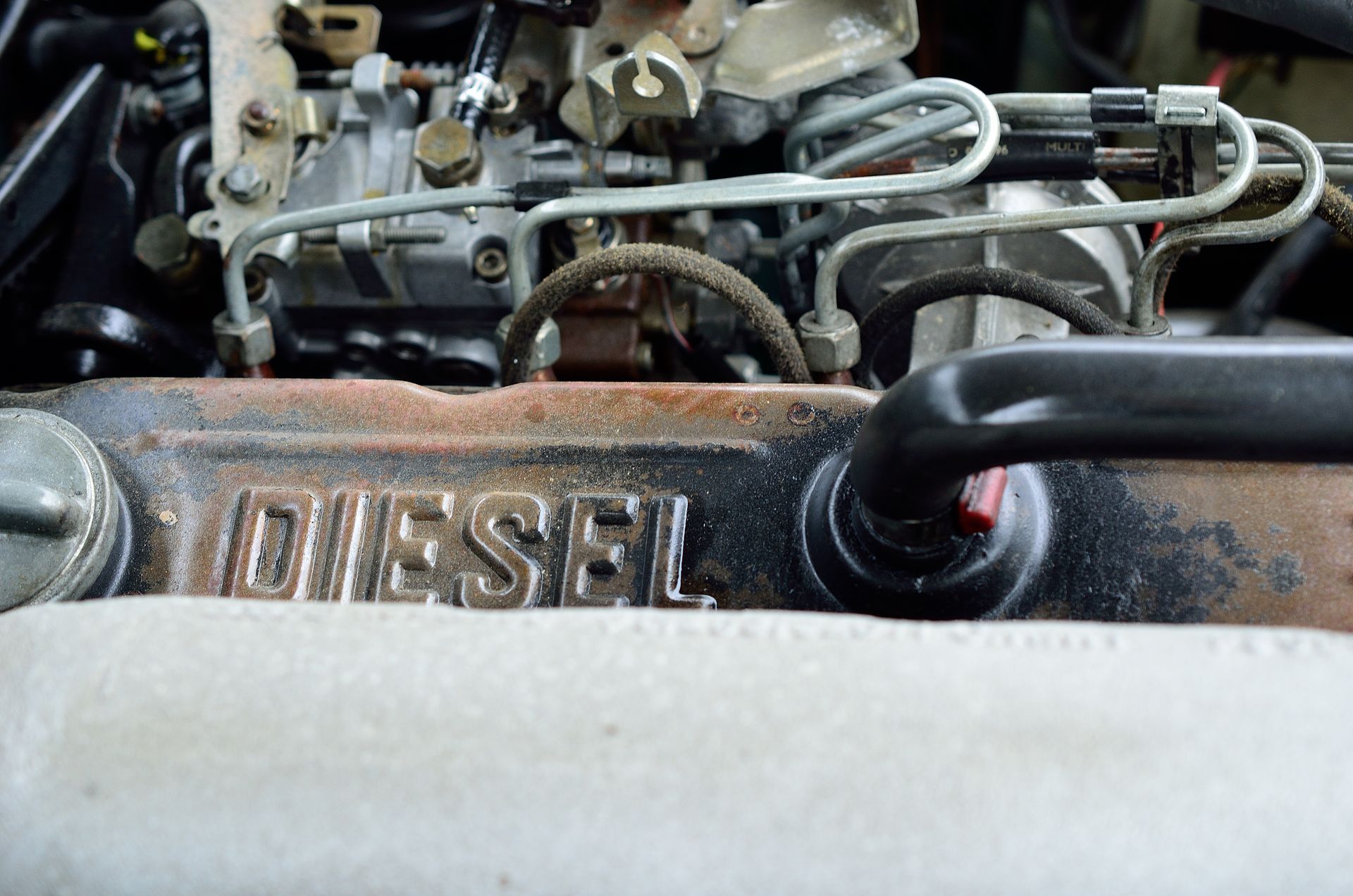Changing your engine oil may seem like just another item on your car’s maintenance checklist, but ignoring this task can lead to serious consequences for your vehicle. Many drivers overlook the importance of regular oil changes, often thinking they can delay it without issue. However, this approach can lead to significant damage, costly repairs, and even a shorter lifespan for your engine. So, what happens if you skip this vital step?
The Role of Engine Oil in Your Vehicle
Engine oil serves several crucial purposes: lubricating engine components, reducing friction, and helping to regulate temperature. Additionally, it cleans the engine by trapping dirt, debris, and combustion by-products, keeping the internal parts free from buildup. Without adequate and clean oil, your engine would be at constant risk of overheating, excessive wear, and eventual failure.
Over time, engine oil degrades due to exposure to high temperatures and contaminants. As it breaks down, it loses its effectiveness, becoming less capable of providing the lubrication and cooling your engine needs. That’s why sticking to a regular oil change schedule is non-negotiable for maintaining your car’s performance.
What Happens When You Skip Oil Changes
When you neglect regular oil changes, you’re essentially setting the stage for a domino effect of engine problems. Here’s what can happen:
Increased Friction and Wear
As oil ages, it loses its viscosity and ability to reduce friction. Without proper lubrication, engine components grind against each other, causing accelerated wear and tear. Over time, this can lead to permanent damage.
Engine Overheating
Fresh oil helps regulate engine temperature by reducing heat caused by friction and absorbing excess heat. Degraded oil, however, becomes ineffective, causing the engine to run hotter than it should. Persistent overheating can warp critical components like the cylinder head or pistons.
Buildup of Sludge
Old oil accumulates dirt, debris, and combustion by-products, turning into thick sludge. This sludge can clog oil passages and restrict proper lubrication, further straining the engine.
Reduced Fuel Efficiency
When your engine has to work harder due to a lack of lubrication, it burns more fuel in the process. You’ll notice your gas mileage dropping, which not only costs you more at the pump but also increases your vehicle’s carbon footprint.
Complete Engine Failure
In the most severe cases, neglecting oil changes can lead to total engine seizure. When the oil is too old or completely absent, critical engine parts can break or weld together, rendering the engine unusable. At this point, repairs are usually not worth the cost, and replacing the engine becomes your only option.
How to Avoid These Issues
Avoiding the consequences of neglecting oil changes is simple: follow your car’s recommended oil change schedule. Most vehicles require oil changes every 3,000 to 5,000 miles, although newer models with synthetic oil can go up to 10,000 miles.
Regular oil checks are just as important as oil changes. Inspect the oil level and quality every few weeks. If it appears dark, gritty, or below the recommended level, it’s time to take action. Sticking to high-quality oil and using the correct grade specified by your manufacturer is equally essential.
The Cost of Prevention vs. the Cost of Repairs
While some drivers may hesitate to change their oil due to the cost or inconvenience, it’s worth considering the alternative. A basic oil change is relatively inexpensive compared to the thousands of dollars required for engine repairs or replacements. Think of oil changes as an investment in your vehicle’s longevity and performance.
By staying on top of your oil changes, you’re not just protecting your engine—you’re improving your car’s overall reliability. You’ll notice better fuel efficiency, fewer breakdowns, and a more consistent driving experience.
Trust the experts at
Grahams Auto & Truck Clinic to keep your car in peak condition. Call us today to book an appointment for an oil change
or any other maintenance needs!











